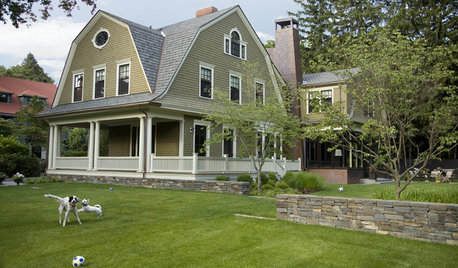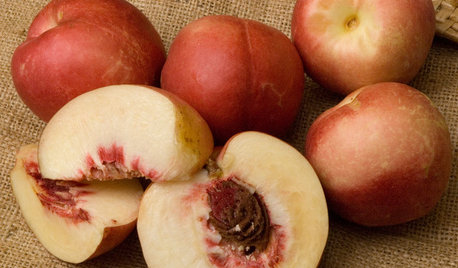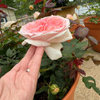Thinking about Hybridizing
harmonyp
11 years ago
Related Stories

GARDENING GUIDESNew Ways to Think About All That Mulch in the Garden
Before you go making a mountain out of a mulch hill, learn the facts about what your plants and soil really want
Full Story
PETSSo You're Thinking About Getting a Dog
Prepare yourself for the realities of training, cost and the impact that lovable pooch might have on your house
Full Story
ARCHITECTUREDesign Workshop: Thinking Differently About Doors
Go beyond utilitarian openings to use doors as art, space definers and experience enhancers
Full Story
EDIBLE GARDENSGrow Plum Hybrids for Your Favorite Fruit Flavors
Plums are cozying up with apricots, peaches and even cherries — here’s how to grow these hybrids for the best aspects of each
Full Story
BUDGETING YOUR PROJECTConstruction Contracts: What to Know About Estimates vs. Bids
Understanding how contractors bill for services can help you keep costs down and your project on track
Full Story
GARDENING GUIDESTree Care: Common Tree Diseases and What to Do About Them
Learn to recognize trees that may be affected by diseases or pests so you can quickly take action
Full Story
CONTRACTOR TIPSBuilding Permits: What to Know About Green Building and Energy Codes
In Part 4 of our series examining the residential permit process, we review typical green building and energy code requirements
Full Story
GREEN BUILDINGLet’s Clear Up Some Confusion About Solar Panels
Different panel types do different things. If you want solar energy for your home, get the basics here first
Full Story
LIGHTINGWhat to Know About Switching to LED Lightbulbs
If you’ve been thinking about changing over to LEDs but aren't sure how to do it and which to buy, this story is for you
Full Story










seil zone 6b MI
roseseek
Related Professionals
West Milford Landscape Architects & Landscape Designers · Wareham Landscape Architects & Landscape Designers · Anderson Landscape Contractors · Ashburn Landscape Contractors · Byram Landscape Contractors · Cerritos Landscape Contractors · Danvers Landscape Contractors · East Patchogue Landscape Contractors · Eustis Landscape Contractors · Mahwah Landscape Contractors · Pacifica Landscape Contractors · Pahrump Landscape Contractors · Pahrump Landscape Contractors · Wallingford Landscape Contractors · Goldenrod Landscape Contractorshenry_kuska
harmonypOriginal Author
roseseek